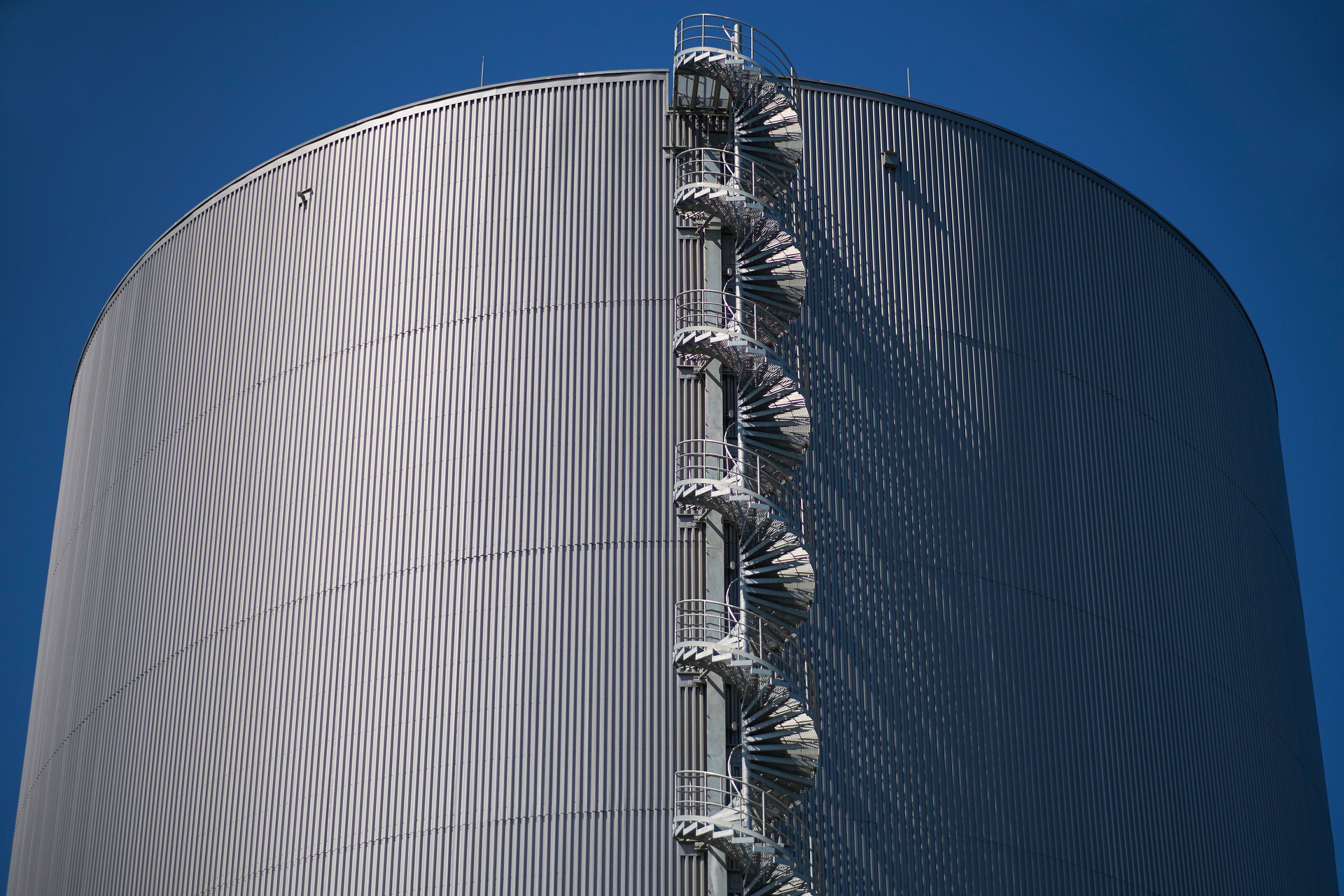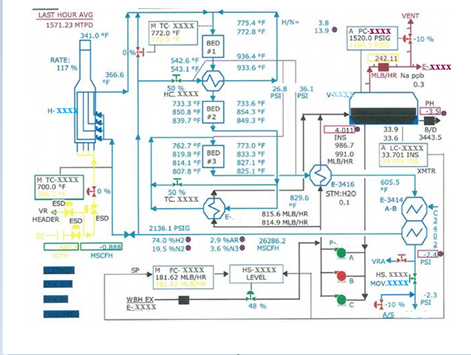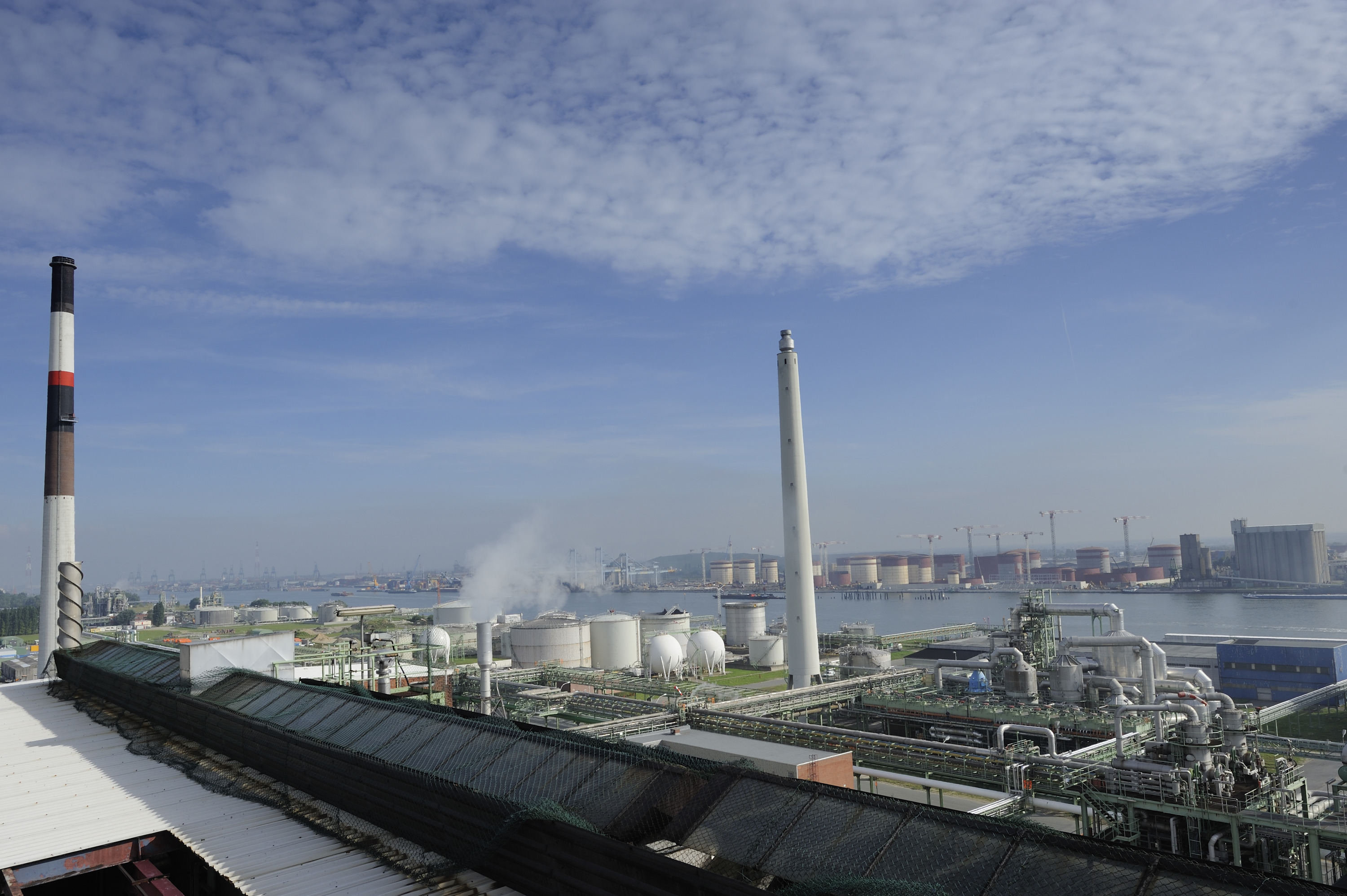Engineers are often tasked with troubleshooting and resolving process performance issues. The feedback from operators could be statements such as “this PID loop does not work in Automatic” or “I am always getting alarms in this variable” or “this PID loop has never worked in Automatic”. Understanding how to tackle these issues efficiently and effectively requires a systematic approach along with a good PID tuning tool. This blog explains how to go about achieving success in resolving PID tuning issues.

.jpg)




.jpg)





